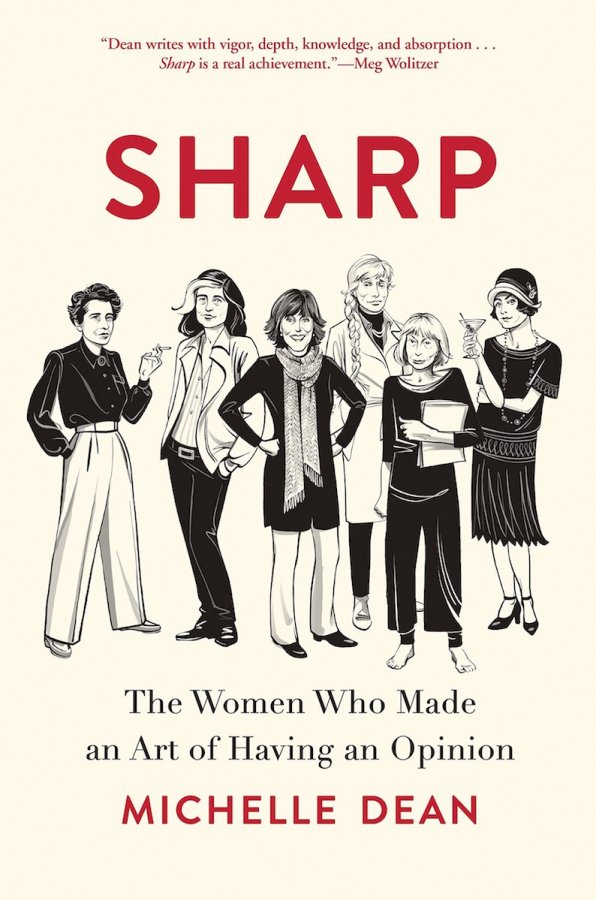
Hi there and welcome to this week’s Lez Liberty Lit!
US poet laureate Tracy K. Smith uses poetry to confront racial injustice.
Saturday is the fourth Independent Bookstore Day! At the Rumpus, Celeste Ng, author of Everything I Never Told You and the National Bookstore Day Ambassador this year, discussed why bookstores have been important through her life and the idea of literary citizenship: “I really do believe in the concept of literary citizenship—no writer can thrive without a healthy literary community. I still have trouble wrapping my head around the idea that I have a “platform,” but if I do, I want to use it to make a positive difference.”
“The closure of a space could mean the death of a community,” writes Bob Batson on the slow death of radical bookstores. If you have a chance, buy your books from them instead.
Chelsey Johnson’s Stray City is less about queer theory and more about queer experience, writes Emma Eisenberg at Electric Literature: “For this queer woman reader, to see characters like me and my friends rendered with an expert — and insider — hand is pure pleasure; you’ve never seen the fierce loyalty and tenderness and humor that is the very lifeblood of a queer ecosystem depicted quite like this.”
At Jezebel, Mary H.K. Choi discussed Emergency Snack, Asian snacks, Asian identity as “cool” now, storytelling, visibility and more.

In her new book Sharp: The Women Who Made an Art of Having an Opinion, Michelle Dean reveals the interlinked lives of ten twentieth-century women literary critics. At LitHub, Dean writes on the problem with speaking for women. At Hazlitt, Dean discussed her writing and research process. And at the Cut, Roxane Gay interviewed Dean on good and bad criticism, being a woman critic, the sense that argument can be joyful, and more.
“If meanness is one reason it seems almost impossible to talk to each other across our current political divide, niceness is another,” writes D. Berton Emerson on the dark side of nice.
Maverique is a new zine about being a genderqueer person living in Palestine. Creator Lital Firestone told Autostraddle, “I’m hoping the zine can provide some hope and pose important questions for other people whose trans experiences have led to mental health issues.”
Forgotten books are useful.
“Five rejection letters for privileged men.”
Check out Queer Books for Teens, an attempt to be a comprehensive list of all queer YA published from 2000 to 2017.
The 80s changed gay (dude) literature.
It’s okay to fall in and out of love with reading.
Here are the 2018 Pulitzer-winning books.
“Is there art without obsession?”
Read new poetry by queer indigenous women. Read these 12 queer webcomics for free right now. Read these five YA books about sexual assault. Read these books in April. Read these 34 suspense novels this summer. Read these 15 WOC poets. Read the women’s prize for fiction shortlist. Read these books about mushrooms. Read these 10 books in one commute.








Comments
That Queer Books for Teens site is e v e r y t h i n g baby me wanted while sitting on the floor in front of the YA shelf Borders, hopefully reading back-of-book blurbs in search of a rare queer gem.